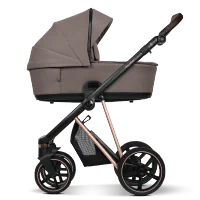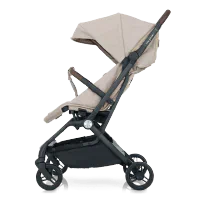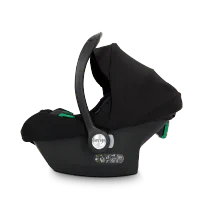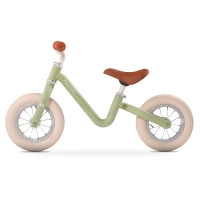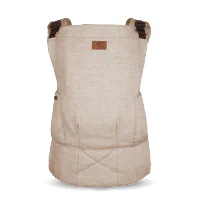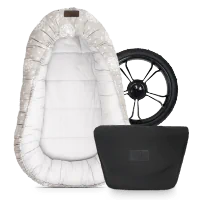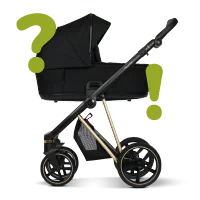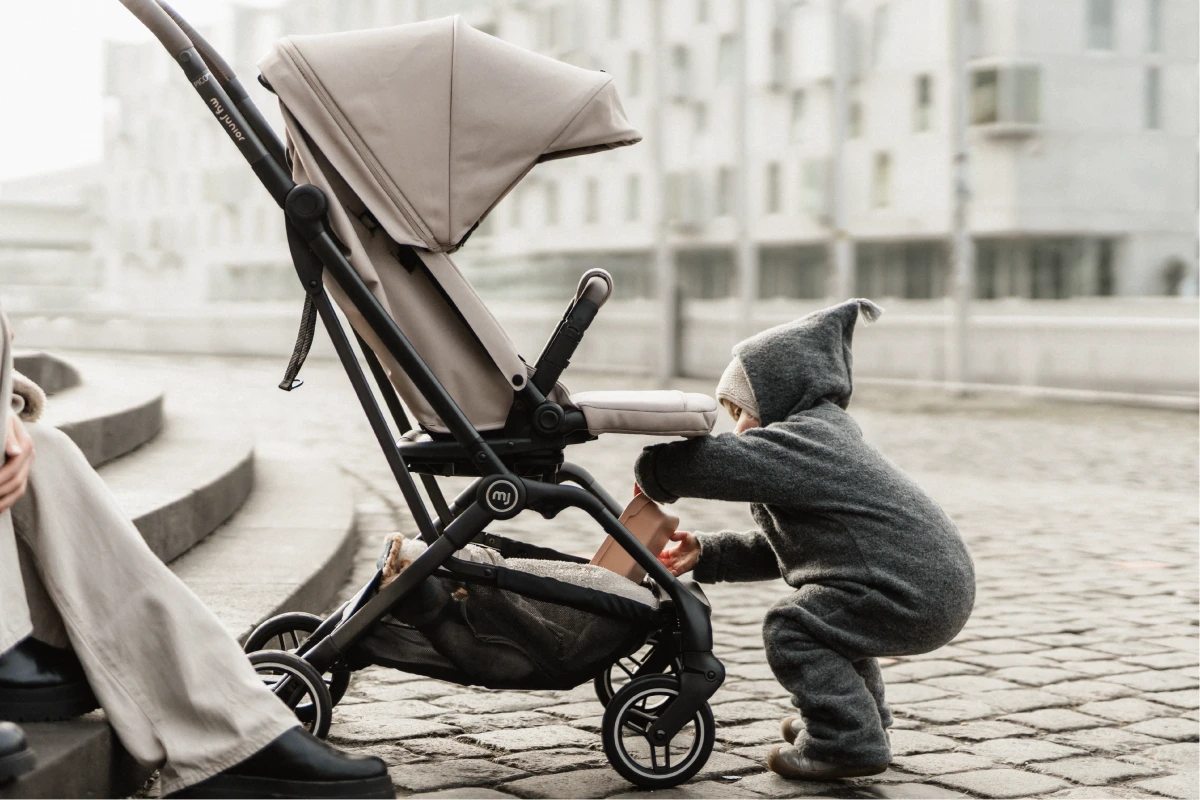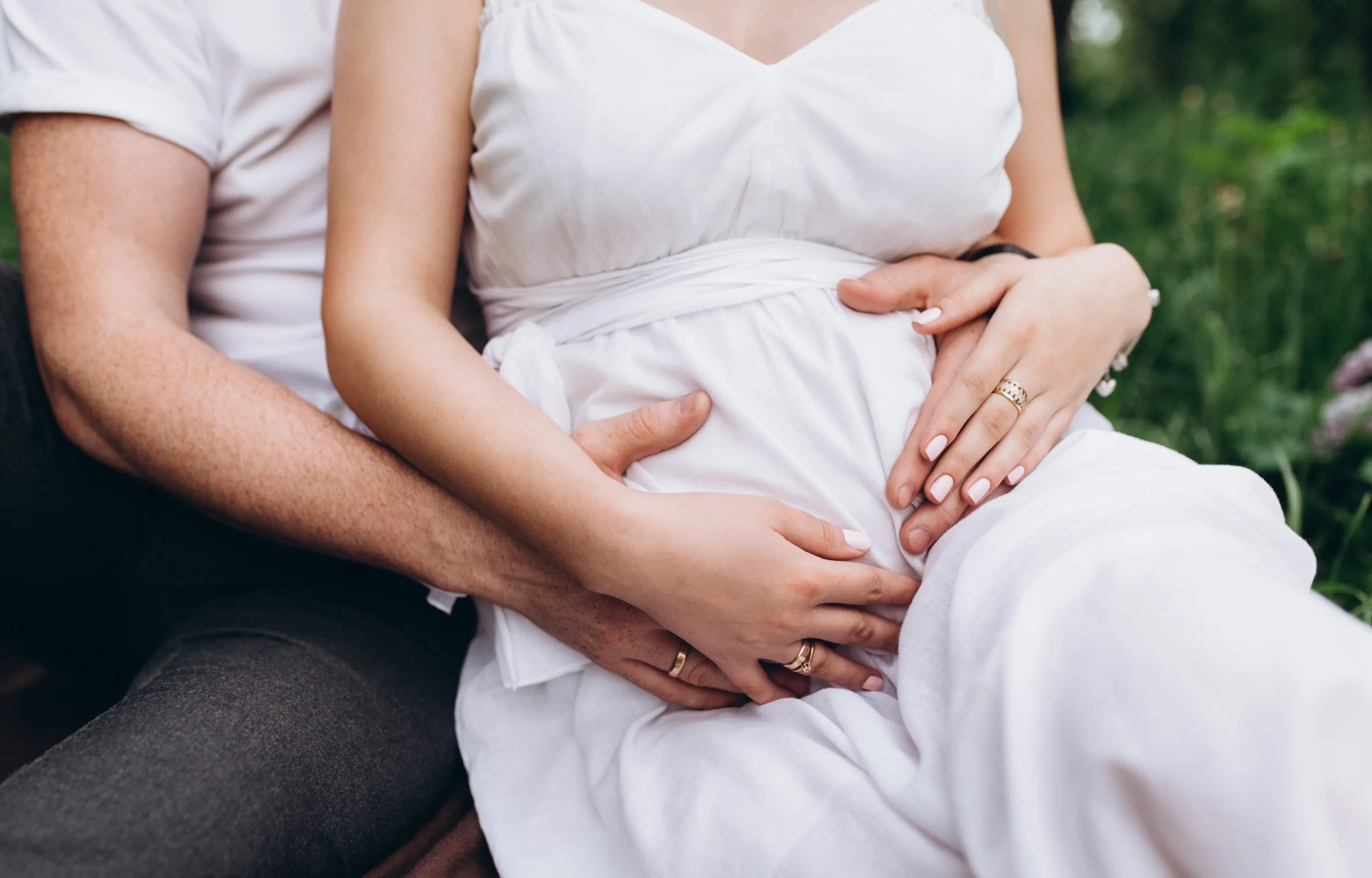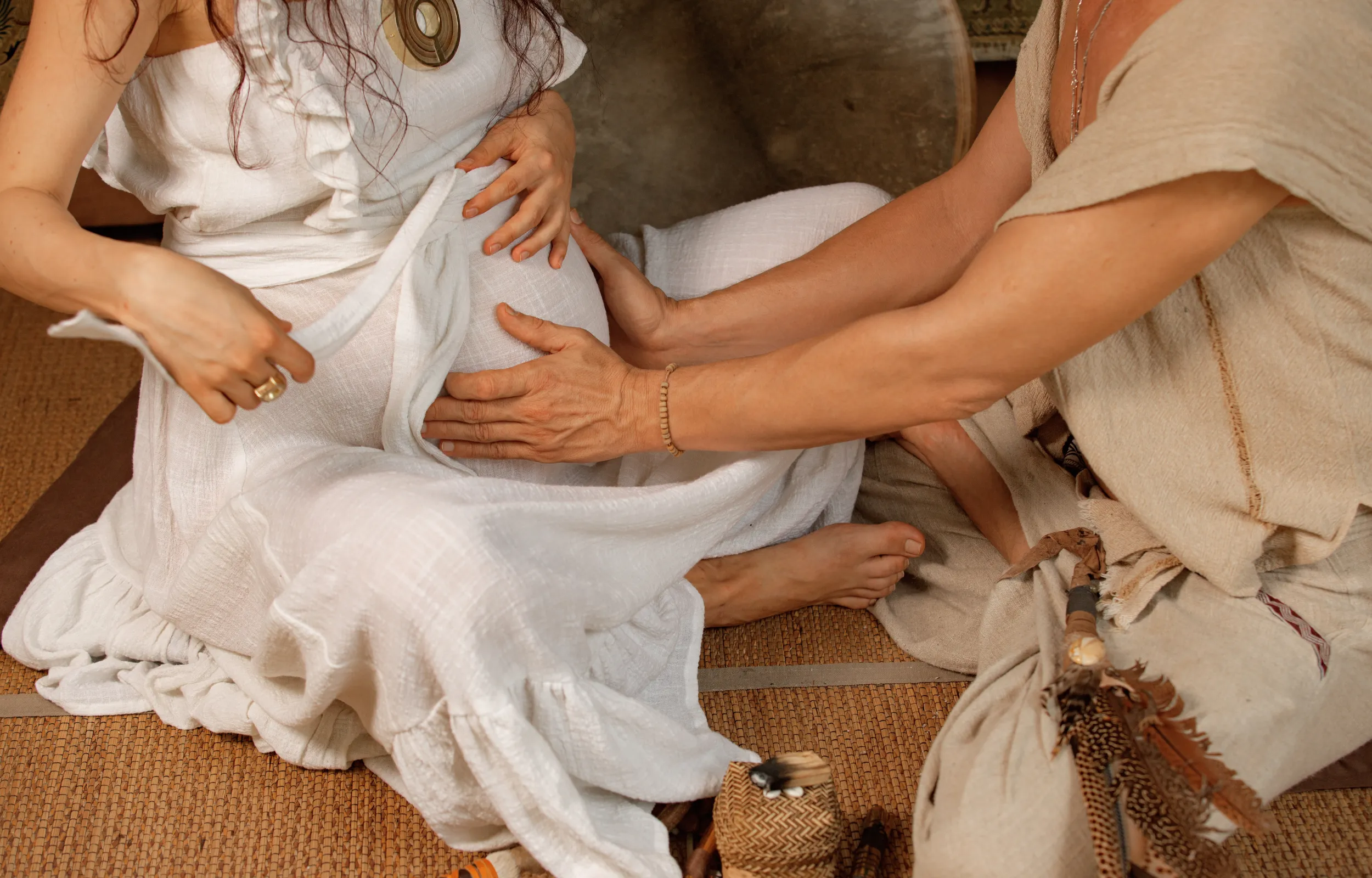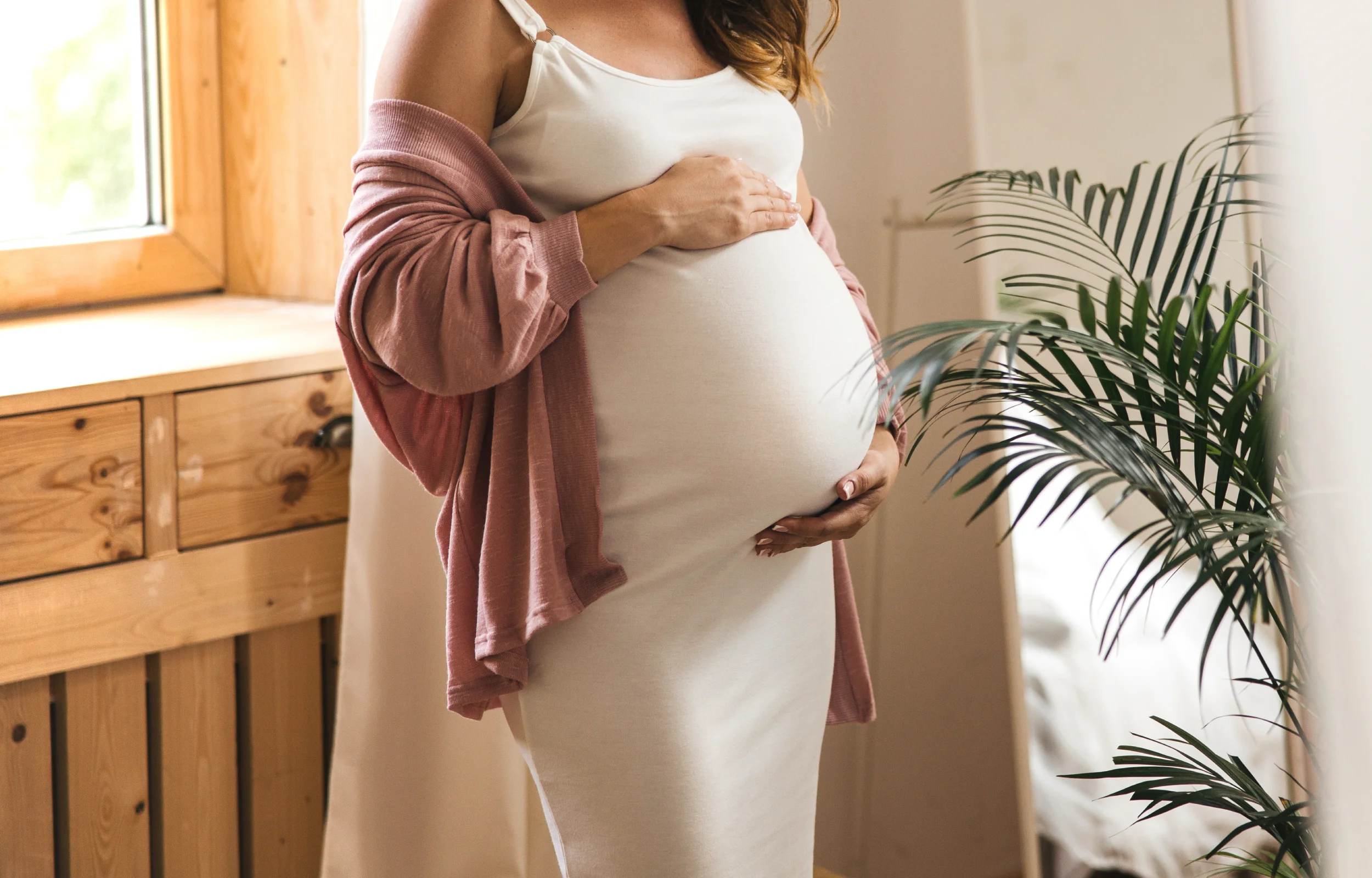
21st Week of Pregnancy (Week 21)
Welcome to week 21 – you are now in the middle of your 6th month of pregnancy and moving towards the second half of this special time. Many expectant mothers experience the 21st week of pregnancy as a particularly pleasant phase: your bump is clearly visible, your baby is noticeably active, and physically you may feel better than at the beginning of your pregnancy.
Your baby is making daily progress in its development, especially in terms of movement, weight, and sensory perception. There are also many changes happening for you as a mum-to-be – your body continues to adapt to the new life growing inside you.
The 21st Week of Pregnancy at a Glance
Your baby in week 21:
- In the 21st week, your baby is about 26–27 cm long and weighs around 350–400 grams.
- It is busy training: grasping, swallowing, kicking – movements you can now feel regularly.
- The digestive system is working: your baby swallows amniotic fluid, which travels through its digestive tract.
- The skin is still thin, but protected by vernix caseosa.
- Sensory perception continues to develop – your baby reacts to voices, light, and gentle touches through the abdominal wall.
Your body in week 21:
- Your uterus continues to grow and now clearly extends above your navel.
- You can now feel your baby regularly – for many expectant mothers, a particularly special moment.
- Typical companions: calf cramps, heartburn, circulatory fluctuations or a pulling sensation in the groin.
- Your skin is also changing – stretch marks or increased pigmentation are not uncommon.
- Weight gain in week 21 of pregnancy is usually around 5–7 kg – but this varies individually.
Development of the Baby in Week 21
Your baby is growing strongly – both in size and in weight. In the 21st week of pregnancy, it is about 27 cm long and moves confidently through the amniotic fluid. Many babies now make their first attempts at coordinated movements, such as grasping with their hands or pushing off with their feet.
The sensory organs are now so well developed that your baby recognises your voice and can even perceive soothing music. The little heartbeat is also strong and regular. The nerve pathways in the brain continue to differentiate – an important step in responding to stimuli.
The immune system is strengthened by antibodies passed on from the mother, and more meconium (the baby’s first stool) is deposited in the intestine – a sign of active digestion. The tiny lips, eyelids, and eyebrows are taking on increasingly defined shapes – a true sign of just how human your baby already looks.
Your Body in the 21st Week of Pregnancy
By week 21, you are visibly “pregnant”. Your bump is growing, and your body weight is increasing – both are healthy signs of progress and can be tracked in your pregnancy calendar. Many women notice their baby’s movements particularly strongly at this stage, as there is still plenty of room for your baby to turn and stretch freely.
Typical symptoms such as heartburn, calf cramps, circulatory fluctuations, or increased sweating are completely normal at this time. Make sure to take regular breaks, wear comfortable clothing, and maintain a balanced diet with plenty of fluids.
This is a good time to start thinking about birth preparation – for example with pregnancy yoga, a birth preparation course, or by talking with your midwife. As the second trimester draws to a close, the topic of birth becomes more present – gently prepare yourself for this.
Tips for Week 21 of Pregnancy
- 🍼 Consciously notice movement: When your baby is active, place your hands on your bump – you'll be surprised how clearly you can feel it.
- 🧘♀️ Keep body and mind in balance: Gentle exercise, warm baths and plenty of sleep are especially helpful for you right now.
- 🛍️ Start planning: Make use of this calm phase to think about baby essentials, the nursery or birth preparation.
- 👩⚕️ Next check-up: Your next appointment is coming up soon – your baby's growth will be checked again.
The most common questions about week 21 of pregnancy
How far along am I in my pregnancy?
At 21 weeks, you are over halfway through your pregnancy – you are in the second trimester and your baby bump is becoming more and more visible.
What is my baby doing in the womb?
Your baby is now practising deliberate movements and developing facial expressions. In the womb, it is learning to swallow, breathe and sometimes even having its first Braxton Hicks contractions (also known as practice contractions).
What happens to the baby's blood?
The liver and spleen are starting to produce blood cells – an important step towards your baby's independence after birth.
What do you feel in the 21st week of pregnancy?
Many expectant mothers regularly feel their babies move. Some experience mild pregnancy symptoms such as back pain, headaches or circulatory fluctuations.
What does a typical day look like for my baby?
Your baby is developing a sleep-wake rhythm. It often sleeps 12–14 hours a day, interrupted by active phases with kicks and turns.
Should I worry about pain or twinges?
Mild twinges in your belly or practice contractions are normal. If you have severe pain, you should contact your doctor or midwife – it's better to ask once too often than not enough.
How is my body changing in week 21?
Your back has to support more weight – this can cause back pain or tension. Comfortable shoes, breaks and gentle exercise can help.
What should I do if I feel anxious or uncertain?
It's completely normal to have lots of thoughts, worries or fears at this stage. Talk to your partner, your midwife, or share your feelings in a birth preparation class.
When should I start preparing for the birth?
The 21st week of pregnancy is a good time to start planning – for example, with a checklist, discussions with your doctor, or sorting baby clothes in the wardrobe.
How big is my baby now?
Length is about 26–27 cm – from head to toe. Your baby weighs roughly 350–400 g – these figures can vary a little from child to child.
What helps with sleep problems during pregnancy?
A nursing pillow, regular routines and a calm atmosphere help promote restful sleep. Light stretching or warm baths can also help you relax.

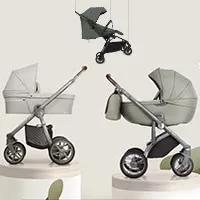 Pushchair
Pushchair 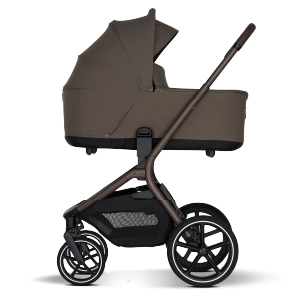 MAVI
MAVI 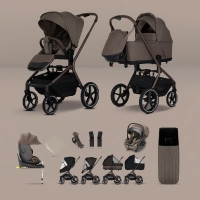 MAVI Bundle
MAVI Bundle 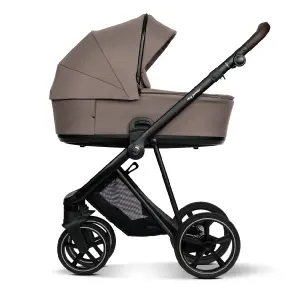 VIGO²
VIGO² 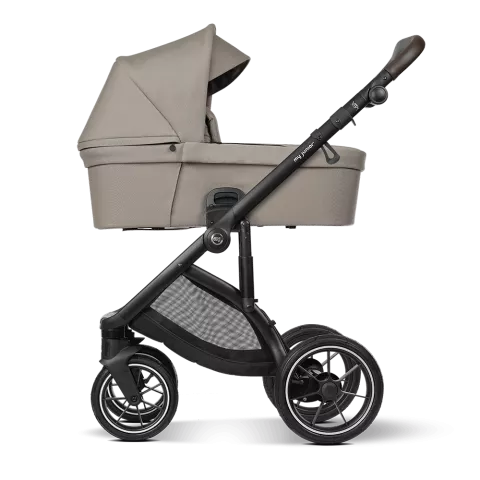 VITA unique³
VITA unique³ 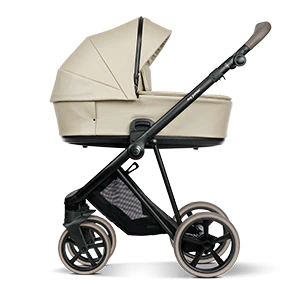 VIGO² Alcantara
VIGO² Alcantara 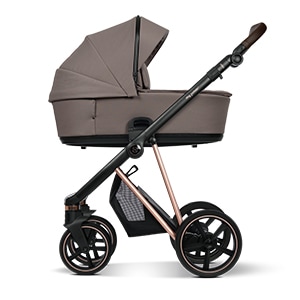 VIGO
VIGO 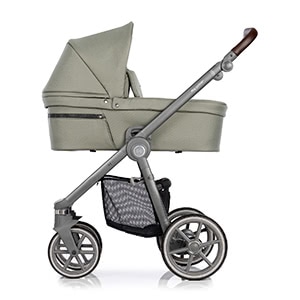 VITA HOPE
VITA HOPE 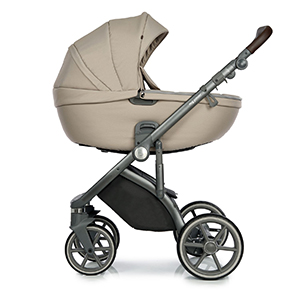 VITA unique²
VITA unique² 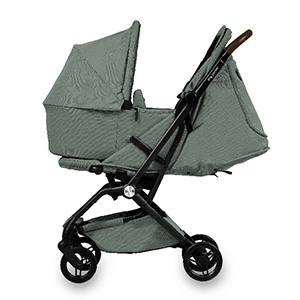 PICO³ with tub
PICO³ with tub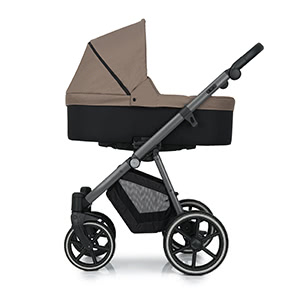 NOAX²
NOAX² 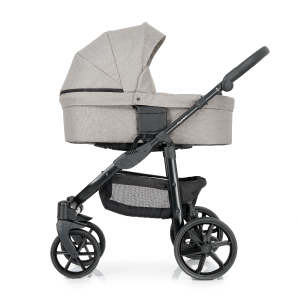 MIYO²
MIYO²  Pram tests
Pram tests  Consultation
Consultation  Buggies
Buggies 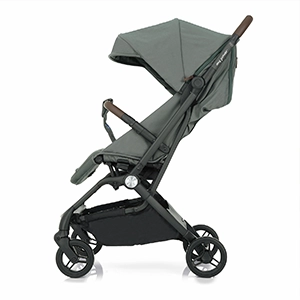 PICO³
PICO³ 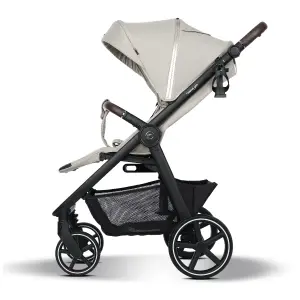 PLIA²
PLIA² 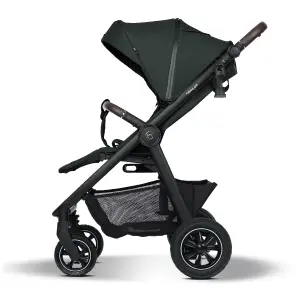 PLIA² Air
PLIA² Air 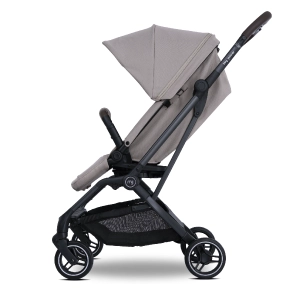 PICO³⁶⁰
PICO³⁶⁰ 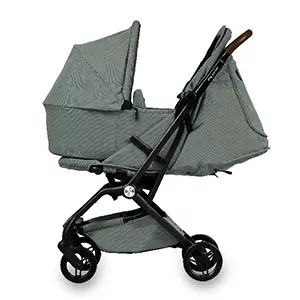 PICO³ with tub
PICO³ with tub 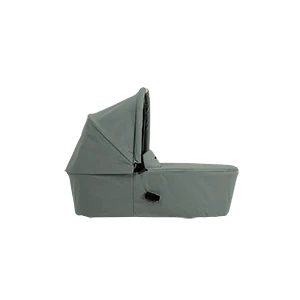 PICO tub
PICO tub 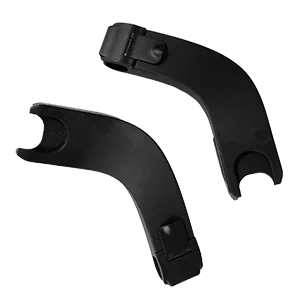 PICO infant car seat adapter
PICO infant car seat adapter  Limited Editions
Limited Editions 

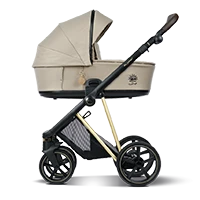
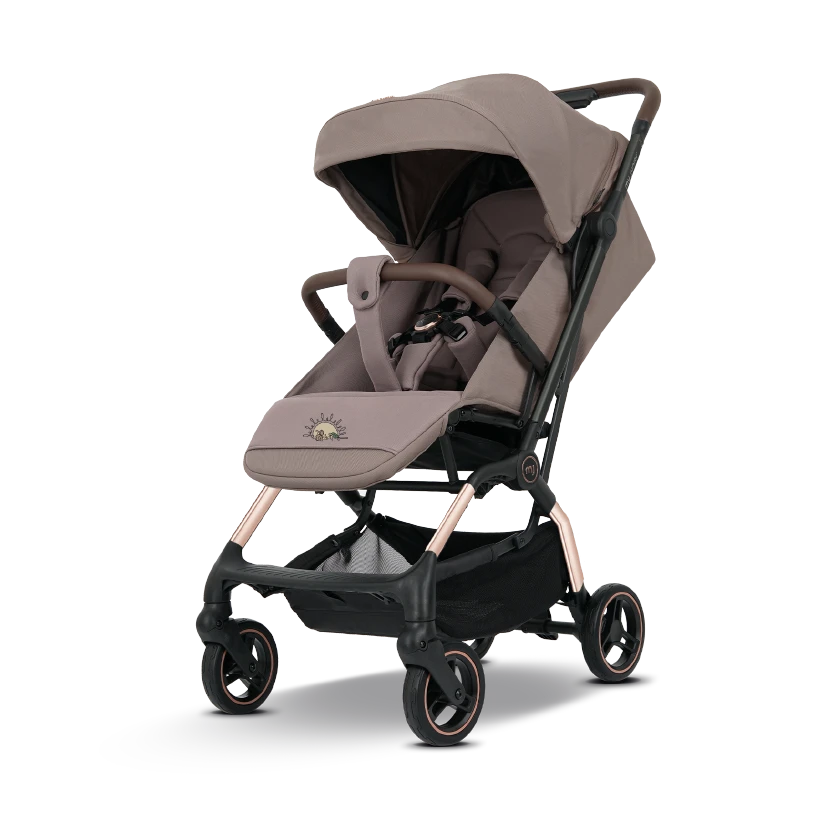
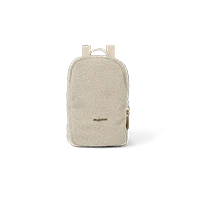

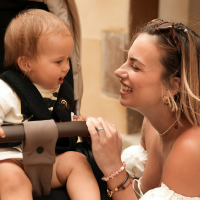
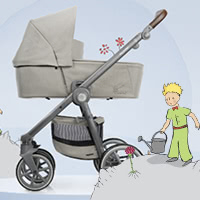
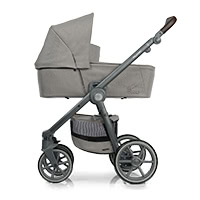
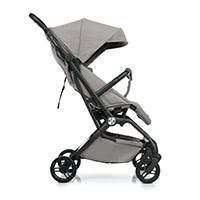
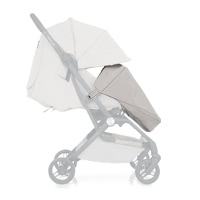
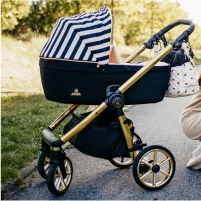
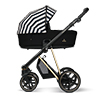 VIGO
VIGO 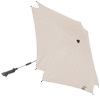 Limited Edition Parasol
Limited Edition Parasol 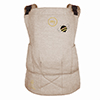 Limited Edition Baby Carrier
Limited Edition Baby Carrier 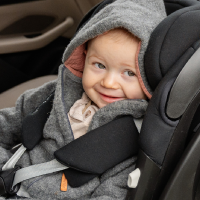 Child seats
Child seats 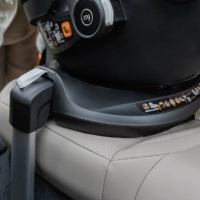 All Isofix Bases
All Isofix Bases  AURAᵉʳᵍᵒ
AURAᵉʳᵍᵒ  Aura Pro
Aura Pro  Beam
Beam 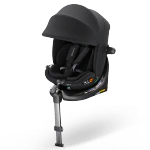 Cyro 360
Cyro 360 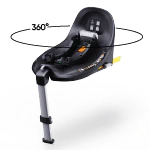 Base 360
Base 360 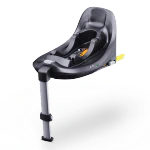 Base Static
Base Static 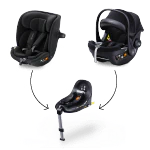 Capsule System
Bundle
Capsule System
Bundle  Beam Bundle
Beam Bundle 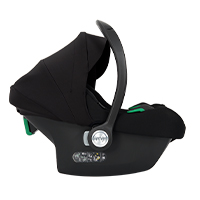 Avionaut Cosmo
Avionaut Cosmo 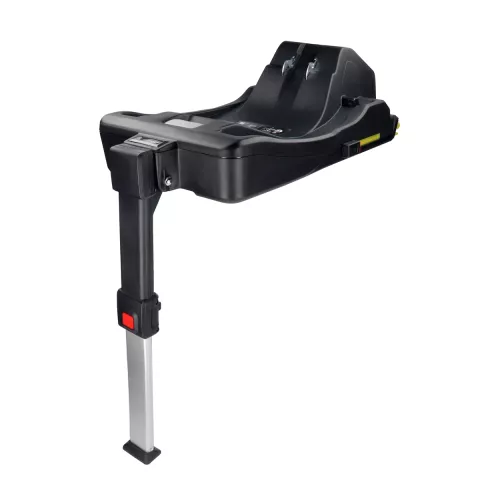
 Love Sale
Love Sale
 Reviews
Reviews  Read reviews
Read reviews  Write a review
Write a review 
 Home
Home  Fabric sample
Fabric sample  Baby carriers
Baby carriers  LUVA
LUVA  NAMI
NAMI 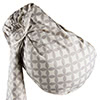 NAMI with ring
NAMI with ring 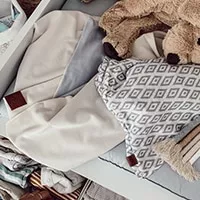 Accessories
Accessories  Vouchers
Vouchers  Discover my junior®
Discover my junior®  About us
About us  In your vicinity
In your vicinity  All my junior
All my junior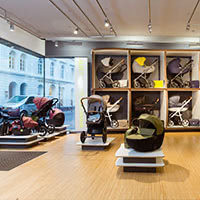 Flagship Store
Aachen
Flagship Store
Aachen 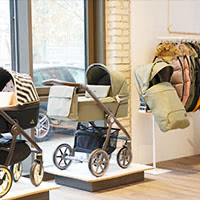 Flagship Store
Hamburg
Flagship Store
Hamburg 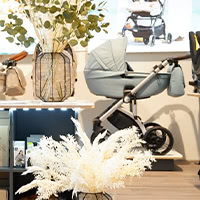 Flagship Store
Salzburg
Flagship Store
Salzburg  Flagship Store Binzen
Flagship Store Binzen
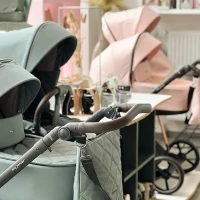 Flagship Store
Krefeld
Flagship Store
Krefeld  Studio Cologne
Studio Cologne  Studio Trier
Studio Trier  Studio Braunschweig
Studio Braunschweig
 Studio Metzingen
Studio Metzingen
 my junior® pram in
Switzerland
my junior® pram in
Switzerland  Help and Contact
Help and Contact  Useful
Useful 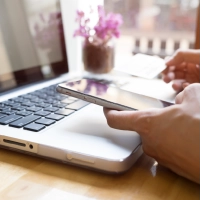 Career
Career  Press
Press 


